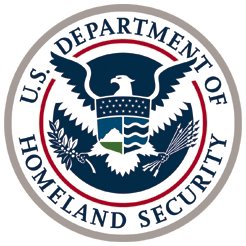Threat Advisory: Delusional
 A friend of mine from the Pharos Book Club circulated a recent story about a student who was visited by agents of the Department of Homeland Security for his request to borrow Mao Tse Tung's Little Red Book.
A friend of mine from the Pharos Book Club circulated a recent story about a student who was visited by agents of the Department of Homeland Security for his request to borrow Mao Tse Tung's Little Red Book. There are a number of public services for which preservation of privacy is a fundamental aspect: think health care and taxation. Despite book loan transactions occurring through a public institution, I think that these lending institutions need to preserve privacy for the same reasons that we preserve it in other domains: to prevent secondary compromises to the individual; fear of those compromises may prevent an individual from pursuing those services at all. The free exchange of ideas would be curbed. Perhaps that is exactly what institutions like Homeland Security want.
 There are exceptions to the preservation of privacy, instances when law enforcement can access information that may be linked to unlawful activity. Reporting of gunshot wounds, for example. What should the threshold be for lending information? I think the threshold has to be very high. It is intrusive, expensive, and unfruitful to have thresholds that are otherwise.
There are exceptions to the preservation of privacy, instances when law enforcement can access information that may be linked to unlawful activity. Reporting of gunshot wounds, for example. What should the threshold be for lending information? I think the threshold has to be very high. It is intrusive, expensive, and unfruitful to have thresholds that are otherwise.The interlibrary loan system is an international lending system. Presumably, Canadians who request flagged material through the system would also expose themselves to investigation by the DHS. I don't know whether such an international investigation has yet occurred, or how it would be handled. Canadian librarians are contemplating using anonymized borrower information to protect their identities.

Comments